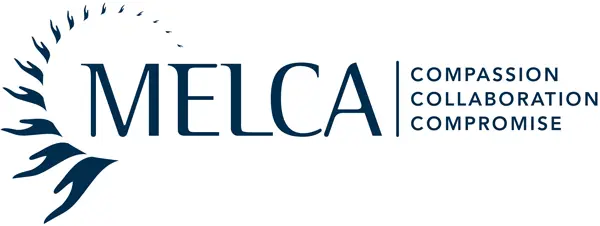Tian Dayton argues in The Magic of Forgiveness that the notion of forgiveness is not being seen just in the province of religion but is an important part of healing. If it’s going to be useful, however, it needs to be practical. It is also a process, not an ‘endgame’, and is something that may need to be done over and over. However, forgiveness can be a challenging concept because it presumes that you need to forgive your ex. It presumes they have done something wrong – they have hurt you or betrayed you – and you need to say it’s okay.
If you don’t feel they have done anything wrong, then forgiveness can feel irrelevant – you have nothing to forgive!
Also, what about you? Forgiving the self can be one of the hardest struggles as we need to confront parts of ourselves where we feel ashamed or humiliated.
Unfortunately, holding on to what happened or what was said in the past does far more harm to you than to your ex. It leaves you stuck in a state of anger, frustration and stress, and unable to move through the grieving process. It also affects the way you experience your life, leaving you more likely to feel angry, bitter and resentful about your life in general, rather than just your ex.
We believe it’s possible to move on without completing a process of forgiveness. Instead, consider the term ‘acceptance’. Without accepting what happened, it’s easy to find yourself trapped in an endless cycle of replaying your relationship, wondering what went wrong and imagining how things might have been different if you or your spouse had taken a different turn at some point on the road. The danger of this is that you can never move forward with your life – not while you’re consumed with thoughts of what might have been. You spend less time and energy reflecting on and rewriting the past, and you can better embrace your new life. It is also a step towards a more understanding relationship with your ex.
Ask yourself, can you accept, without having to agree with or condone, what happened? If this is possible, you are moving forward.
Acceptance doesn’t mean you justify or approve of the actions that caused you pain. Instead, it means you acknowledge the reality of what happened and choose to focus on your own healing. This shift from forgiveness to acceptance can be liberating, allowing you to reclaim your power and direct your energy towards personal growth and future happiness.
Acceptance is not about giving up; it’s about letting go of what you cannot change and investing in what you can—your own happiness and future. By cultivating acceptance, you open the door to new opportunities, healthier relationships, and a more peaceful state of mind.
This excerpt is from ‘Breaking Up Without Breaking Down’ – Dr Tina Sinclair, Tricia Peters and Marguerite Picard which can be purchased via Amazon – https://www.amazon.com.au/Breaking-Up-Without-Down-Preserving/dp/0992317665
Please contact MELCA – https://melca.com.au/ for more information and to book a free 15-minute information session.


